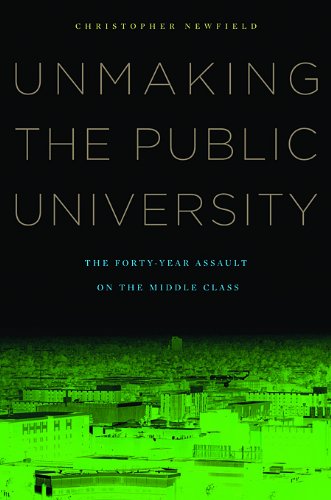Crises, Commodities and Education: Disruptions, Eruptions, Interruptions and Ruptures
Dr Glenn Rikowski, Independent Scholar
Thursday November 19th, 1.30-4pm, in room BH1201:
After a brief analysis of the concept of crisis (drawing on the work of Roitman, 2014) and following an outline and critique of some previous work (Rikowski, 2014) – on the Classical Theory of Education Crisis (in the light of Sarup, 1982) and philosophical perspectives on education crises – Rikowski explores the notion of crisis in relation to phenomena pertaining to the social forms of capitalist education. Starting out from Marx’s analysis of the ‘two great classes of commodities’ (following Adam Smith), Rikowski charts what ‘crisis’ might mean, and could be, in terms of the two commodity forms pertaining to educational processes in capitalist society. The final part of the paper explores actual and possible empirical manifestations of these crises of the commodity form in terms of the notions of disruption, eruption, interruption and rupture. It is argued that last two of these forms of crisis pose particular problems for the continuance and development of capitalism in general and the national capital and capitalist education in particular.

 The RiCES group are delighted to welcome
The RiCES group are delighted to welcome